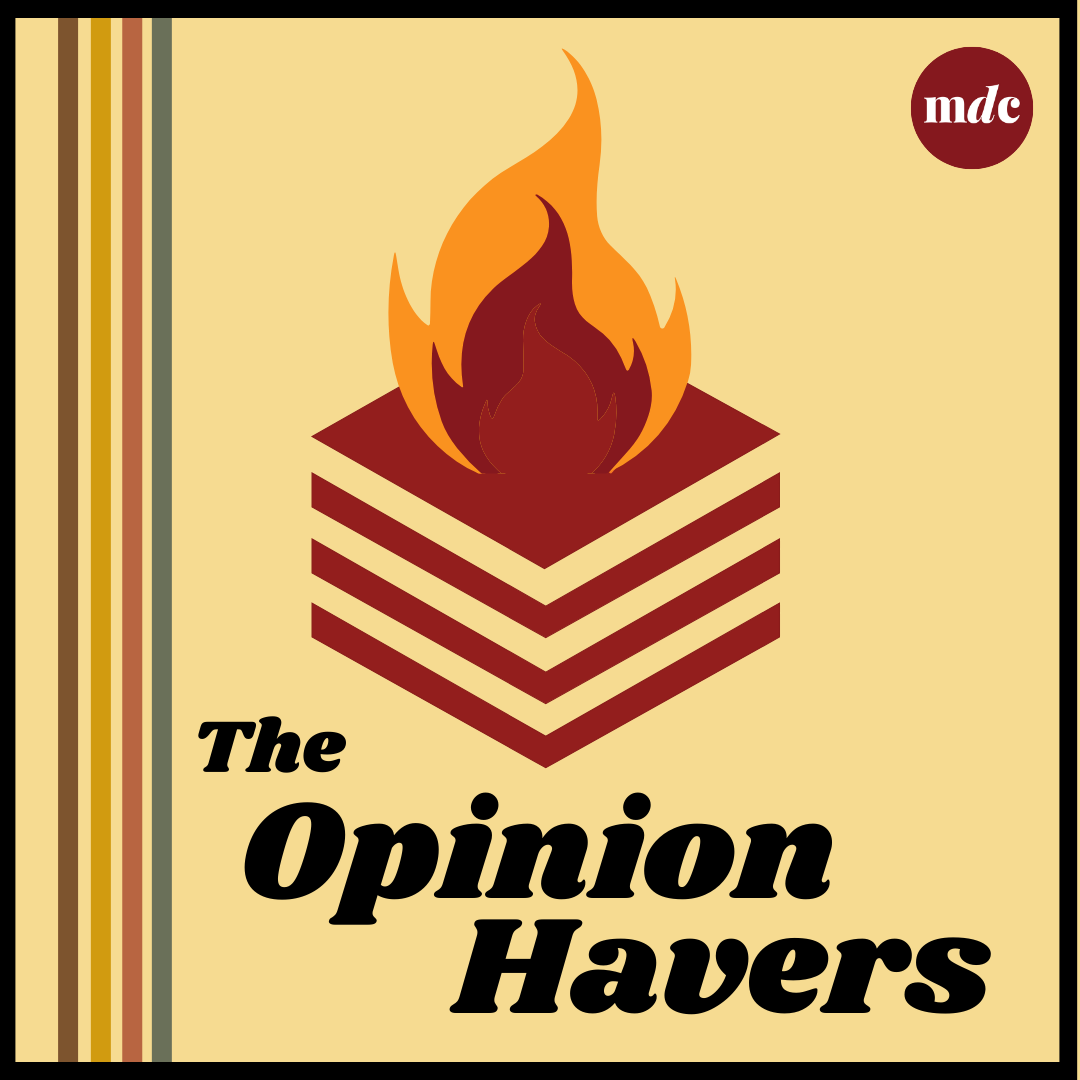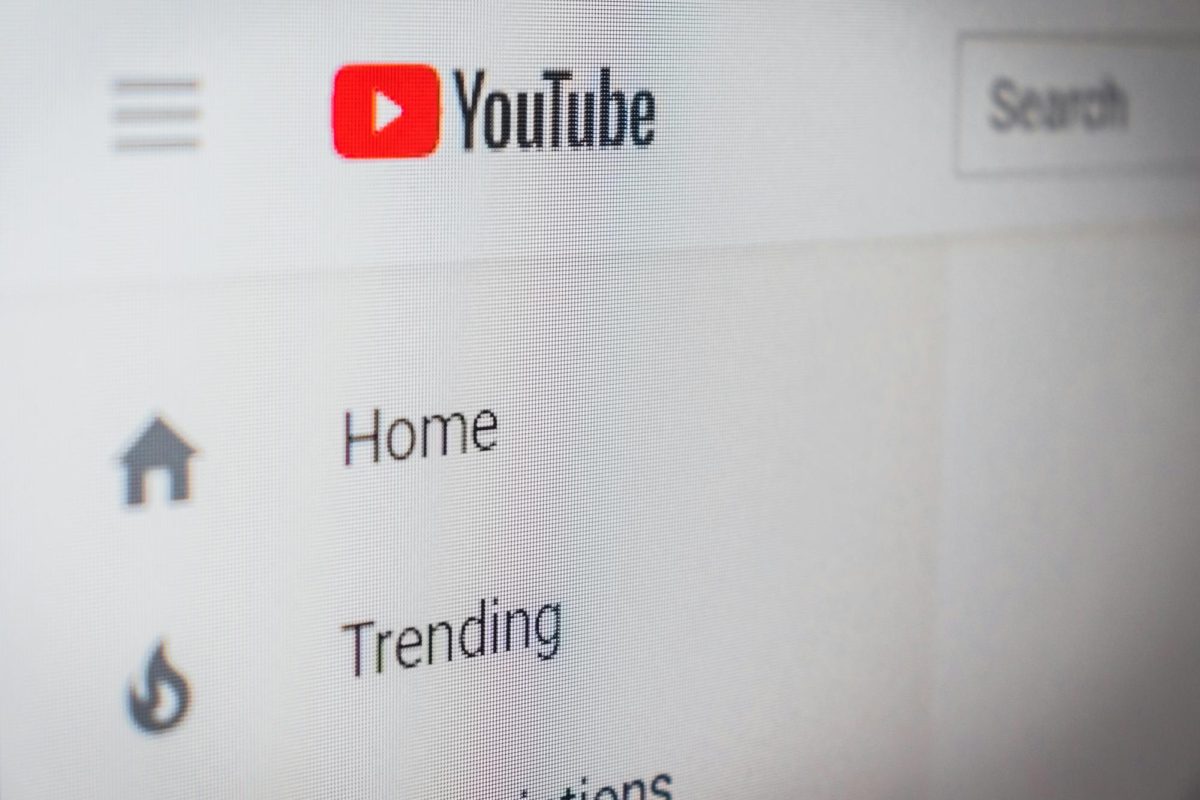Over the past year, economists and politicians have come to focus on the growing degree of income inequality in the United States.

This inequality has been fueled by the development of two major trends in income distribution. As of late, income levels of earners on the top tier of the income distribution have increased at an exorbitant rate, while wages of the lowest earners have remained largely stagnant.
In fact, according to Jordan Weissmann, an associate editor for The Atlantic, “American income inequality may be more severe today than it was way back in 1774 – even if you factor in slavery.”
As preposterous as this claim may seem, it’s based on historical income distribution data gathered by Harvard University Professor Jeffery Williamson and University of California – Davis Professor Peter Lindert. Upon analyzing data regarding income distribution and equality from various historical points and juxtaposing this data with the levels of income distribution observed today, their study found that wealth was most evenly distributed in 1774 – on the eve of the Revolutionary War – than it was at any other time in recorded U.S. history.
As evidenced by the growing degree to which the majority of U.S. income is disproportionally earned by a minority of U.S. citizens, the unequal distribution of wealth is a growing economic problem with negative economic and social implications.
It represents shrinking economic opportunity and freedom, which, as deeply engrained elements of American philosophical and cultural beliefs, are central to every aspect of this country. Thus, as economic inequality increases, the fundamental beliefs upon which our country was founded (freedom, equality and justice) gradually crumble.
Many of the economic factors often leading to such a growth in the inequality of income, such as preferential tax treatment and monopolies, have negative impacts on the economy. Therefore, this shows the growing inequality of income has negative economic implications as well.
Many low-paying jobs are essential for the growth and sustainability of the U.S. economy. From caring for children and the elderly, ensuring the security of public and commercial buildings, maintaining and cleaning offices and homes, tending to gardens and lawns, ringing up purchases, and preparing and serving food in schools and public facilities, many jobs which are essential to society come with abysmal compensation. Workers in these professions often rely on food stamps and other government aid programs as supplemental income, as their wages alone are not enough.
This is not because these low income workers are not working hard enough. It’s because they belong to an economic system that is fundamentally skewed to offer greater compensation to certain professions over others, regardless of their degree of necessity or service to the public good.
The fact of the matter is plain and simple: these minimum wage workers need a raise.
According to a recent report by Doug Hall and David Cooper of the Economic Policy Institute, a non-partisan economic think-tank, one solution to this growing inequality lies in raising the federal minimum wage. The federal minimum wage is currently set at $7.25 by the Fair Labor Standards Act. Nineteen states and the District of Columbia mandate a minimum wage that is above the Federal minimum wage. Of these states, the average minimum wage is approximately $7.59, 4.7 percent higher than the federal minimum wage. The state with the highest minimum wage is Washington at $9.19 per hour. The state with the lowest is Missouri at $7.35 per hour.
According the report’s findings, increasing the federal minimum wage to $9.80 would raise the wages of about 28 million workers, who would receive almost $40 billion within the first three years after the federal minimum wage was raised. GDP would increase by roughly $25 billion, resulting in the creation of approximately 100,000 new jobs, which would lower the unemployment rate.
An economy that relies on consumer spending cannot expect to prosper when vast numbers of minimum wage workers have little income to spend on consumer goods. Raising the minimum wage will increase consumer spending, bolster the economy and protect millions of low-income Americans.
Makai McClintock is a Collegian columnist. He can be reached at [email protected].













![By freestocks.org [Creative Commons Zero], via Wikimedia Commons](https://dailycollegian.com/wp-content/uploads/2024/04/Picture1-1.png)




Green Cleaning • Apr 22, 2013 at 4:43 pm
If minimum wage were to increase, it would create a better lifestyle. Countries like Australia start at minimum wage of $16.00 just bagging groceries-but their cost of living is higher. With higher paid workers, won’t we want to put the energy into developing more green oriented programs? Companies like Qualified Cleaning Services utilize the Green strategy to position themselves in the Greater Boston area.
pam underwood • Jan 24, 2013 at 1:59 pm
Minimum wage is INFLATIONARY! If it weren’t, prices would not continue to rise.
The lowest paid workers get an increase, the prices increase to cover those minimum wage increases, the next level of workers need increases to afford what they could buy before the minimum wage increase and so on up the spiral of workers — including executives until…the lowest paid workers can no longer afford to live without an increase in minimum wage and the spiral starts all over again.